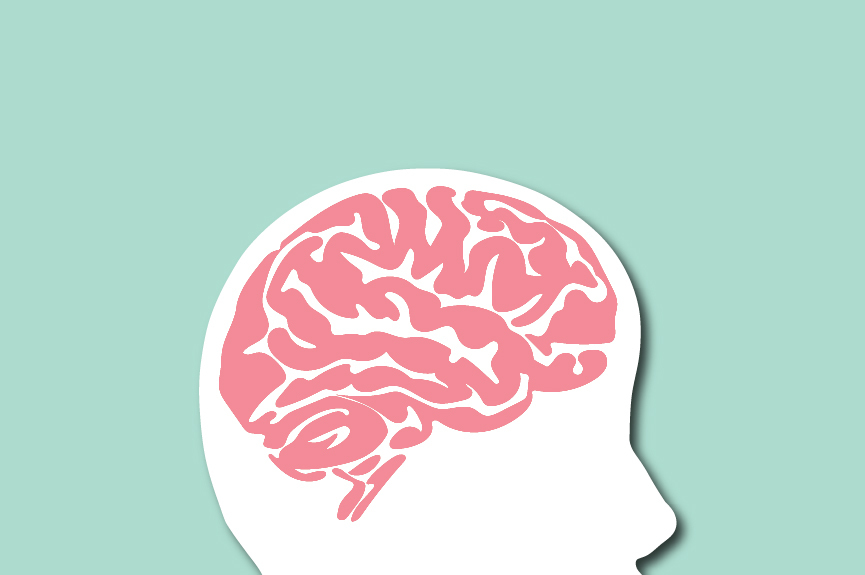Dr Bhaskar Nath Biswal
Covid-19 changed the life styles of people across the world. Apart from having a big impact on the physical health, it heightened sensitivity about psychological concerns. The fear of contamination of the disease by self or family member, restriction on movement, changed way of work, setback of financial planning are some of the problems faced by people during the
pandemic.
The psychological status of those who suffered the disease or lost their near and dear is unimaginable. Even the frontline workers like doctors too suffered from stress and anxiety because of the long hours of working with PPPE kits, helplessness when the cases swell or separation from family, etc. Volunteers who came forward to extend their helping hand to the victims and their families are facing the brunt of stress as they came across haunting stories or feeling of dejection when unable to help the needy. A research report of a Pune-based Nursing Institution revealed that 50 per cent of the nurses in the study felt powerless and experienced anxiety and depression due to changes in the patients’ condition.
The WHO defined mental health “as a state of wellbeing in which individuals realise their own potential, can cope with the normal stresses of life, can work productively and are able to contribute to their community”. An individual can lead a normal life when both his physical and mental health is sound, and can contribute for the society and becoming a good human resource. Stress and anxiety are normal human feelings but uneven levels of these things will lead to mental illness.
According to a WHO survey, Covid-19 has interrupted or halted essential mental health services in 93% of countries worldwide. Everyone in the society – from children to senior citizens and from businessmen to bureaucrats, faced the brunt of the pandemic. The miseries of the mental health patients worsened, whereas normal ones were also badly affected.
The grown-up are able to understand the situation and adapt themselves slowly, but it is difficult for the children and adolescents. The biggest problem for them is pursuing online education and to cope up with the pressure of academics. Unable to meet and consult their peers and friends, they remain confused about their examinations, careers and future. Continuous gluing to the mobile or laptop screens without physical activities also triggers mental health problems.
The World Health Organisation’s “I support My Friends” campaign is a timely and much needed training that facilitates the children and adolescents how to support a friend in distress applying the principles of psychological first aid (PFA). After the success of its pilot project in Japan, Jordan, Mangolia and Turkey, WHO has made the availability of training materials across the world. It is opined that children and adolescents should have access to reliable support systems that helps them to develop coping skills and adaptability.
Through “I Support My Friends” children and adolescents can better understand their friend’s needs and concerns, their reactions to difficult situations, can offer them comfort and solace, helping them in accessing basic supporting services and protect them from further harm. The training can be integrated with education of the children and adolescents which helps in capacity building to overcome disasters.
During the pandemic and post-pandemic, many of the adolescents and children faced the wrath of the disaster in many ways like separation from family, losing parents and relatives, irregular and uncertain studies, lack of facilities to access online education, shattered career plans and social insecurity. These will have a great impact on their tender minds. They are to be provided right help and timely counseling which helps them to overcome the grief and shock. It is the responsibility of every one to identify the children and adolescents who are behaving differently and provide them timely help. Interacting regularly with them in a friendly manner, spending some time with them, listening to their views and thoughts with emotion and empathy can make them normal once again. It will prevent suicidal thoughts; reduce stigma and discrimination among them. They feel safe, comfortable and hopeful with social and emotional support.
But it is to be remembered that everyone in distress may not be willing to receive help from their friends, as they are stubborn and strong enough to face disasters. In such cases it is better to take the help of trained professional to tackle such situations.
All these will help the children and adolescents to get accustomed to the changed post-pandemic life. This will teach us how to balance between physical, emotional and social aspects of life. As this is the new normal, we too can learn new things to lead normal life.
The writer is Head, Department of Commerce, Nowrangpur College, Nabarangpur, Odisha. Views expressed are personal.
